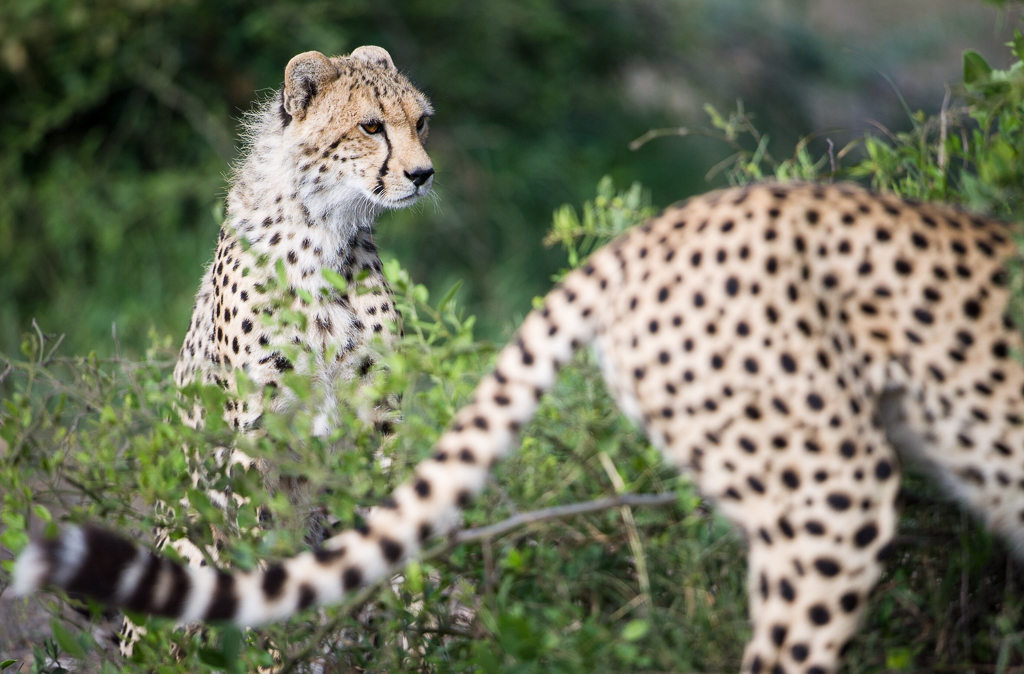Join IUCN in Celebrating World Wildlife Day
Join the IUCN Global Species Programme in celebrating World Wildlife Day, 3rd March 2018. This important date marks the anniversary of the signing of the Convention on International Trade in Endangered Species of Wild Fauna and Flora (CITES) in 1973.

Photo: © Cheryl-Samantha Owen/ samowenphotography.com
The theme of World Wildlife Day this year is "Big cats: predators under threat". The day offers a poignant opportunity to think about the dramatic decline in populations of big cats across the world and what can be done to reverse their loss.
“The advancement of humanity has come at the expense of almost all other species. Today, the human race is at the root of the ongoing sixth mass extinction, causing damage to nature on a scale comparable to the forces that wiped out the dinosaurs 65 million years ago,” says IUCN’s Director General, Inger Andersen.
The loss and fragmentation of their habitats, poaching, illegal trade, prey depletion, and conflict with people are threatening the very existence of big cats, such as lions, tigers, leopards, cheetahs and snow leopards. World Wildlife Day 2018 aims at raising awareness of the threats facing them and raising support for the initiatives taking place around the world for their conservation.
“The success of conservation projects in turn depends on solid science such as that provided by The IUCN Red List of Threatened Species™, which assesses the conservation status of 56 species and sub-species of cats,” says Andersen. Visit the website of the IUCN Red List of Threatened Species™ and discover which cats are endangered, as well as a wealth of fascinating information about all the different species. For example, did you know that jaguars are opportunistic hunters? Over 85 prey species, including mammals, reptiles and birds, have been recorded in their diet across their geographic range. …or that African lions are the most social of the cats, with related females remaining together in prides, and related and unrelated males forming coalitions competing for tenure over prides.
IUCN’s Save Our Species Programme supports on-the-ground conservation for big cats and their habitats, including tigers, snow leopards, lions, leopards and cheetahs.
As keystone species and apex predators, big cats are essential for the wellbeing of entire ecosystems, including their prey species, competitors, and plants. Integrated approaches to conservation, such as the IUCN's Integrated Tiger Habitat Conservation Programme, aim to preserve the cats along with their habitat, while also creating new, sustainable economic opportunities for local people.
Join IUCN this #WorldWildlifeDay in recognising these magnificent predators and how we share this planet with a diverse web of life. Andersen calls us all today to “reflect on how we want to shape the world we live in. If we continue to decimate the rich diversity of wildlife we share this planet with, the consequences could be profound – also for our own species.”



